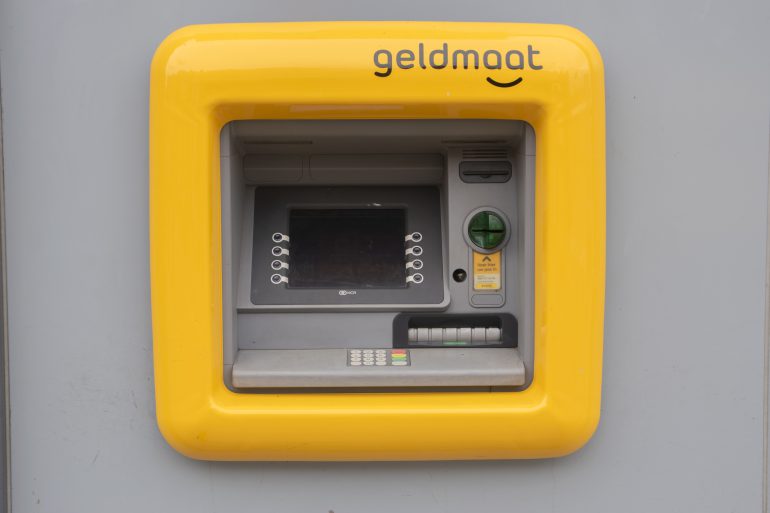The Netherlands’ Minister of Finance Sigrid Kaag has called for cash money to remain free of charge and accessible to everyone in the future. In a letter to Parliament, which was based on joint research with De Nederlandsche Bank (DNB), the minister has detailed the steps to be taken for the country’s future cash infrastructure, and she wrote that legal intervention will be necessary to ensure it.
With the recent digitisation of the country have come less cash availability at banks, fewer ATMs, and less cash payment options in stores; and Kaag’s letter affirmed that low availability of cash is becoming an increasingly pressing issue in the Netherlands. It was based on a study conducted by consultancy firm PwC on behalf of the Dutch Central Bank (DNB) and the minister herself.
Affordable cash access at Dutch banks currently relies on voluntary agreements between banks and relevant organisations, but the minster and DNB are urging to make it a legal obligation for banks to provide cash, preferably before the end of the year. They are also imploring banks to jointly ensure that affordable access to cash does not decrease further until the new legislation has become applicable.
Social responsibility
Like Kaag, experts such as DNB argue that because of its specific characteristics, cash remains an important means of payment for many people. For some it is the only way to make payments independently, and the minster and DNB are advising banks to take their social responsibility serious. In fact, according to a government press release on the topic, an earlier study by McKinsey had revealed that one in thirteen people in the Netherlands currently depend solely on cash, and that many do so in order to be able to participate in society. Because cash is used relatively often by consumers in vulnerable positions and/or with limited financial resources, the study showed that this group in particular would be disproportionately affected if banks charge for cash withdrawals.
‘Access to cash is crucial,’ said Kaag, and added: ‘Not everyone finds their way in digital payment transactions. But cash is also of great social importance. It helps people to participate in society and not become dependent on others.’ Like DNB, which has pointed out that one of the advantages of cash is that it enables users to avoid debt by only being able to spend the amount they have on them, Kaag said: ‘Cash has, because of its physical nature, features that are of social importance, for example to be able to budget, or use it in education about money matters.’
The European Central Bank too has pressed for a future that includes good availability of cash, because of its capacity to bring freedom and autonomy to everyone, and because it can help ensure inclusivity. This way, everyone, including socially vulnerable citizens such as the elderly or lower-income groups, can make use of money and pay for things independently, said the expert.
Good-functioning infrastructures
‘Together with DNB, I believe that cash is of great importance for the functioning of the payment system,’ said Kaag, underlining one of the many other reported needs for cash availability. ‘A well-functioning cash infrastructure is also very important for banks themselves – it brings confidence to the financial system,’ Kaag argued, and added: ‘Cash is an important fall-back option in the event of failures in electronic payment traffic.’ Cash can be used to make payments without the involvement of third parties, experts such as DNB state likewise, which is essential in case of long-term ATM failures or cyberattacks.
According to The European Central Bank, cash remains a dominant means of payment within the Euro area, and it too has argued that an economy requires a certain amount of available cash to function well. According to the bank, which underlined that cash is legal tender, cash availability can help ensure people’s privacy, which the bank calls a fundamental right. In addition, the use of cash money is fast, instant and secure, without financial risk for payer or payee.
In the minister’s letter, future recommendations for the Netherlands’ cash infrastructure are for DNB to provide supervision to ensure that banks meet their obligations, monitor compliance and, where necessary, enforce it.
Written by Femke van Iperen
